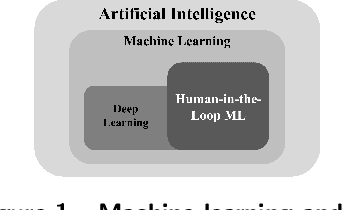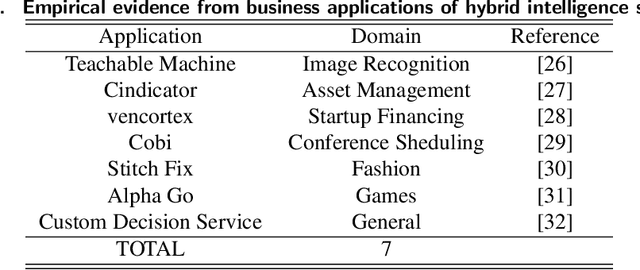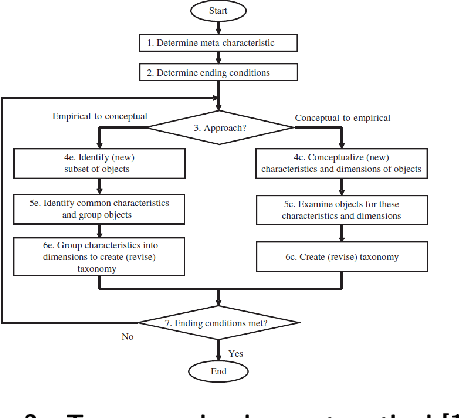Thorsten Weber
Unraveling Media Perspectives: A Comprehensive Methodology Combining Large Language Models, Topic Modeling, Sentiment Analysis, and Ontology Learning to Analyse Media Bias
May 03, 2025Abstract:Biased news reporting poses a significant threat to informed decision-making and the functioning of democracies. This study introduces a novel methodology for scalable, minimally biased analysis of media bias in political news. The proposed approach examines event selection, labeling, word choice, and commission and omission biases across news sources by leveraging natural language processing techniques, including hierarchical topic modeling, sentiment analysis, and ontology learning with large language models. Through three case studies related to current political events, we demonstrate the methodology's effectiveness in identifying biases across news sources at various levels of granularity. This work represents a significant step towards scalable, minimally biased media bias analysis, laying the groundwork for tools to help news consumers navigate an increasingly complex media landscape.
The future of human-AI collaboration: a taxonomy of design knowledge for hybrid intelligence systems
May 07, 2021



Abstract:Recent technological advances, especially in the field of machine learning, provide astonishing progress on the road towards artificial general intelligence. However, tasks in current real-world business applications cannot yet be solved by machines alone. We, therefore, identify the need for developing socio-technological ensembles of humans and machines. Such systems possess the ability to accomplish complex goals by combining human and artificial intelligence to collectively achieve superior results and continuously improve by learning from each other. Thus, the need for structured design knowledge for those systems arises. Following a taxonomy development method, this article provides three main contributions: First, we present a structured overview of interdisciplinary research on the role of humans in the machine learning pipeline. Second, we envision hybrid intelligence systems and conceptualize the relevant dimensions for system design for the first time. Finally, we offer useful guidance for system developers during the implementation of such applications.
 Add to Chrome
Add to Chrome Add to Firefox
Add to Firefox Add to Edge
Add to Edge